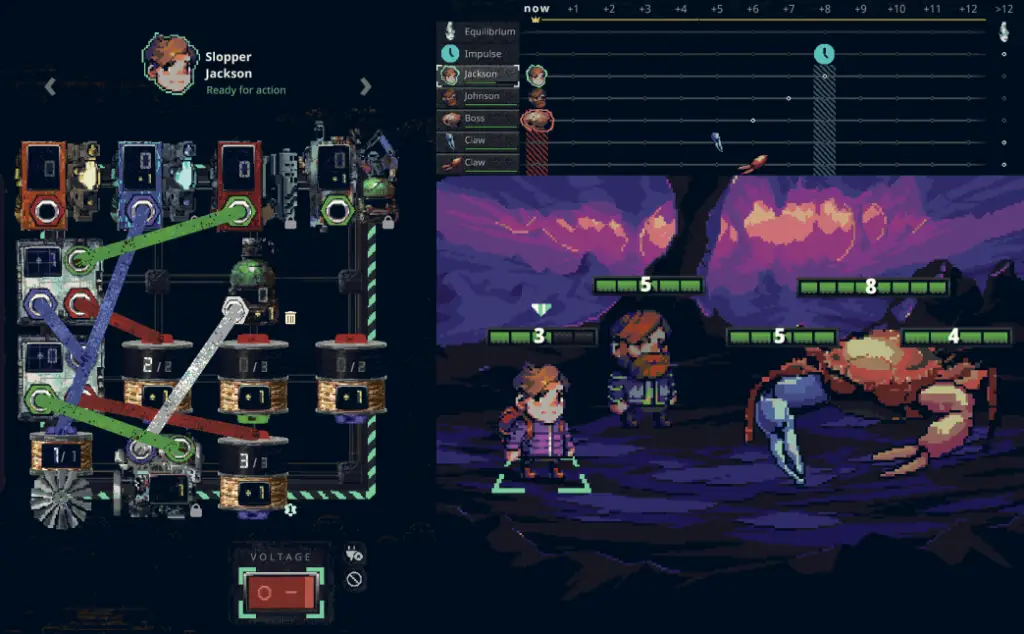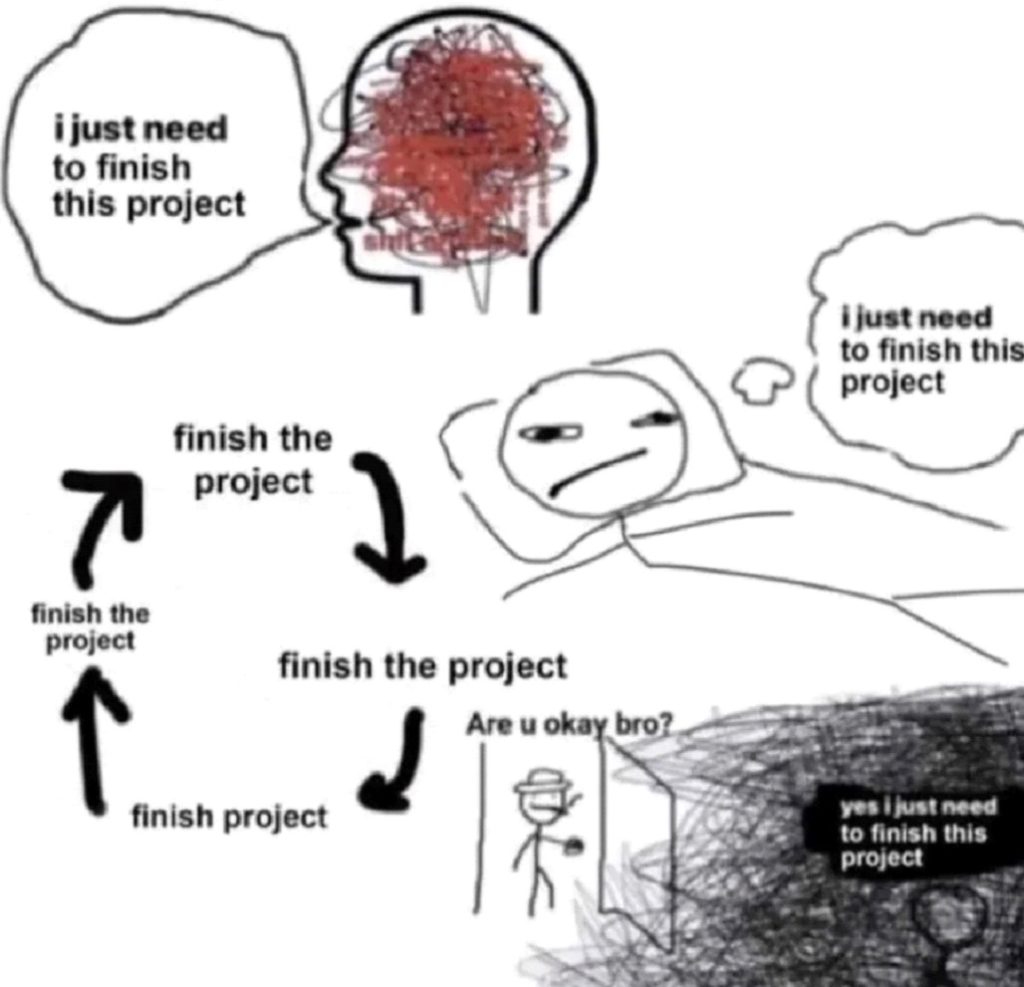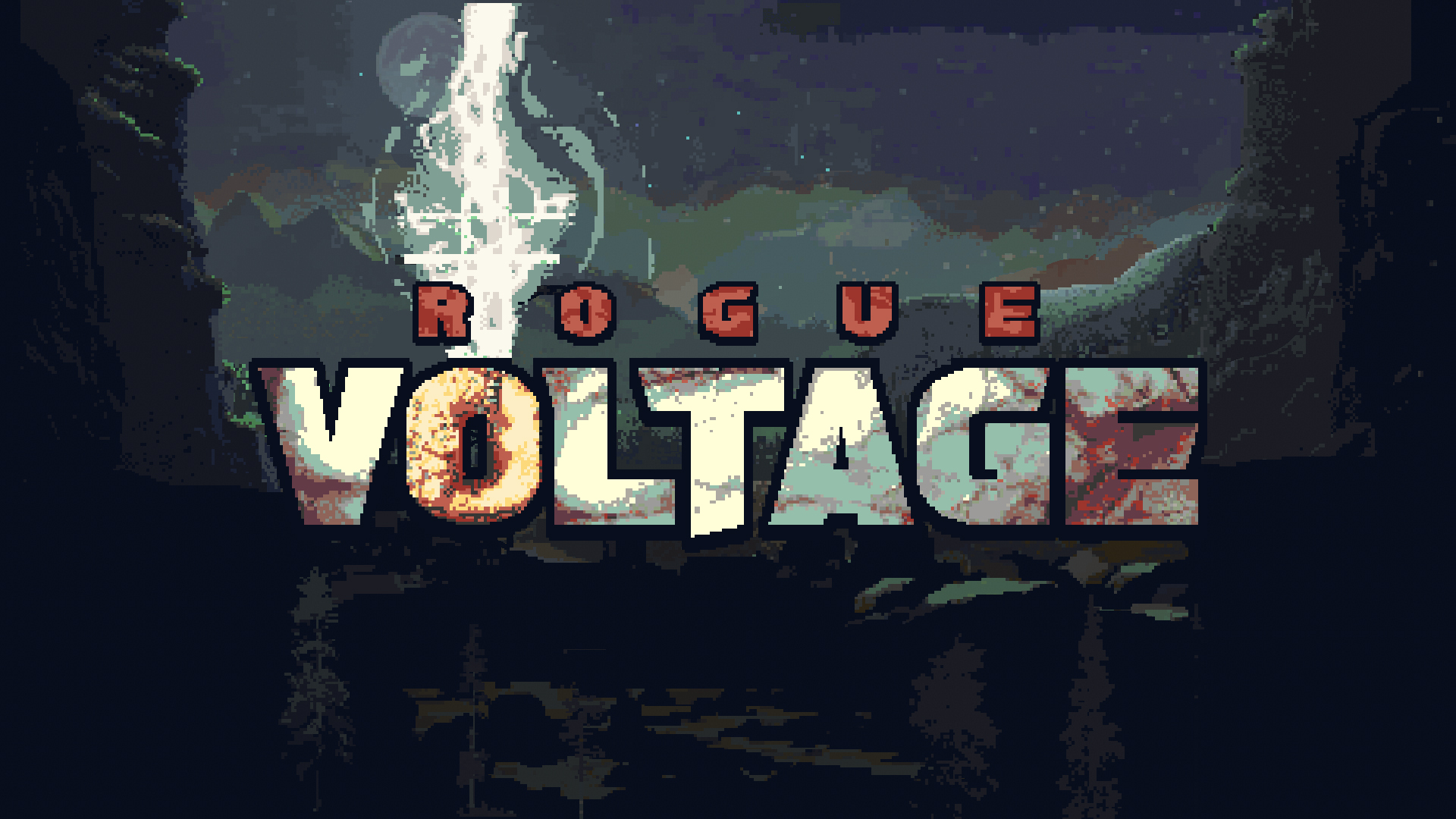I had the opportunity to chat with an awesome indie developer recently. He is working on his very first game and has been working on it for quite some time now. Recently, Luca has hit a big milestone and released a demo of the game to the public. Now Rogue Voltage isn’t just any tune-based game. It’s more of a Roguelike Deckbuilder meets Modular Synthesizer.
If that completely confuses you or piques your interest, go check out the game on the Steam page for more information and try the demo. To learn a little bit more about the mind behind such a unique mix of genres, join us for the interview below.

1st Turn – Where do you come from as a developer? What is your background and experience?
My journey into developing a game has been a bit of a detour. I am an art historian by training and did my first projects as a software developer in the field of visualization software. I started with Unity and C# seven years ago and had several multi-year projects under my belt before I felt ready to tackle a project with an even bigger scope. Rogue Voltage started as a casual yet ambitious side project but became more viable as I received more and more positive feedback for it. I only recently made the switch to develop Rogue Voltage as my new studio’s first game full-time.
2nd Turn – What are some of the challenges or disadvantages that you ran into as an independent developer, and how did you overcome them?
A central issue was social and cultural isolation when working from home throughout the pandemic. I let my work on the game take over too much of my life at times, which definitely took a toll on my well-being. I recently joined the Berlin-based co-working space and games collective “Saftladen” (which, among others, brought forth Death Trash and the Curious Expedition games), which has been amazing for new inspiration and friendships.
Another pressing issue is, of course, always funding. I am happy to have received a small loan from the local government’s games funding program, on which I’ll try to finish the production of the game until Early Access.
3rd Turn – You have been working on this game for three years now. How do you stay motivated?
Can I reply with a meme?

4th Turn – Can you tell us about your inspirations and influences for the game?
The core experience draws from formative gaming moments of my childhood and youth.
Watching friends or their older brothers play Secret of Mana on SNES, Final Fantasy 7 on PlayStation, Diablo II on PC. I was rarely playing, mostly just sitting there wondering at the digital worlds and the systems to interact with them.
Later influences are homebrew tabletop RPG systems, Magic: The Gathering, roguelikes, deckbuilders, and immersive sims. Another big inspiration comes from music production software and modular synthesizers, an extensive hobby of mine before developing the game took over.
5th Turn – Can you talk to us a little bit about the art style and any influences there might have been?
The visual style is 100% me trying to produce a kind of 1990s SquareSoft title.
The overall visual darkness draws from “night mode” user interfaces and the intimacy and focus they bring. Still, it also has other creative/technical reasons: It is much easier to prototype by throwing together random textures and images if you can fade them to black to make it all glued together.
I started making 32×32 pixel sprites in a 16-color palette. It looked rough as hell, but it got the idea across. Eventually, the resolution needed to get bigger, and the color palette extended, which made the visuals infinitely more legible. Now I am extremely grateful to have the talented pixel artists Karvisprites (characters) and h3xmode (backgrounds) working with me on the art. They were the perfect choice for their respective tasks, and their styles work together beautifully.
Keeping the art style bold, colorful, and “chibi” is just my personal preference. I want to balance the complexity of the mechanics with approachable visuals. My best friend is playing the demo with his kid, and I love the idea that Rogue Voltage could be for them what the golden age JRPGs were for me.
6th Turn – What are some of your favorite designs incorporated into the game?
The unique core premise, “turn-based JRPG meets modular synthesizer” was there from the very beginning, but the actual execution of it has changed quite a bit.
There are many designs I am very happy with, and that mesh with each other nicely. The timeline interface proves to be an interesting tactical layer. The low overall numbers, where two energy points already are a lot. The deterministic gameplay with almost no randomness. Status effects on the modules were a game changer, especially the “crust” status. And then the evil modules that the enemies force into your rack.

7th Turn – You just launched your first public demo at TactiCon. Will you tell us about some of the emotions you were feeling leading up to the event and after?
In the days before the event, I was mainly concerned about the quality of the demo. I used Steam Playtest as a dress rehearsal for the demo launch, which helped squash some obscure last bugs and hard-locks. The game’s growing community was extremely helpful in that phase, not only in tasks of quality assurance but also in design questions and community management. Shout out to everybody who got involved in the Discord!
TactiCon proved to be a great occasion for my demo launch and I am very happy with how it went down. The organizers did an excellent job, especially with the festival’s presence on Steam. Waking up to a nearly vertical line in the wishlist graph definitely was a surprise, which I proudly shared with friends and the game’s community.
8th Turn – TactiCon isn’t the only event you have participated in recent months. What were some of the other events you have been to, and how did the people take the demo at the event?
This year in Berlin, it feels like everybody wants to finally get out of the post-pandemic sleepwalk and reinvigorate the local games scene. I recently presented Rogue Voltage at A MAZE festival for games and playful media, the new Games Circle events, and most recently at the reinstalment of the beloved Talk & Play event series.
A challenge when presenting Rogue Voltage at such events is the “thinkiness” of it. It requires a certain concentration which is much harder to achieve in an event’s vibrant and noisy environment. That’s why it’s much better experienced at home. The people that are drawn to the game’s premise seem to like it a lot, usually using a lot of expletives when expressing their excitement.

9th Turn – What are some words of advice for anyone that is thinking about getting into developing their first PC game?
There’s already a lot of advice out there, but I’ll add so much: Be patient. And be real with what is a practice project and what is a production aimed at an audience.
If you’re just starting to learn a new language, you wouldn’t want to immediately write a whole book in it. You wouldn’t confuse a high school science project with industrial lab work. And if you’re starting to learn the piano, you wouldn’t think about hitting the charts with the first song you’ve ever performed.
Practice projects are beautiful because they are not for any audience. They are just between you and the material you’re studying. And in this sheltered setting, you can get more skillful and grow your creative and technical abilities. Your first UI-heavy prototype. Your first systems-heavy prototype. Your first data-heavy prototype.
Most developers that are just starting bounce off because they mix up practice and production, and some get so frustrated by it they never return.

10th Turn – What are the next steps you have planned for the game? What can all your fans expect to see next after playing the demo?
The next significant milestone for the game will be Early Access, which I am trying to have ready later this year. The demo is regularly updated alongside the prototype to reflect the current state of the design and experience. Only this week I’ll be implementing major changes to how some of the core modules work.
Rogue Voltage is in the June edition of Steam Next Fest, so if you haven’t had the chance to play it yet, that would be a great moment to give it a try.







